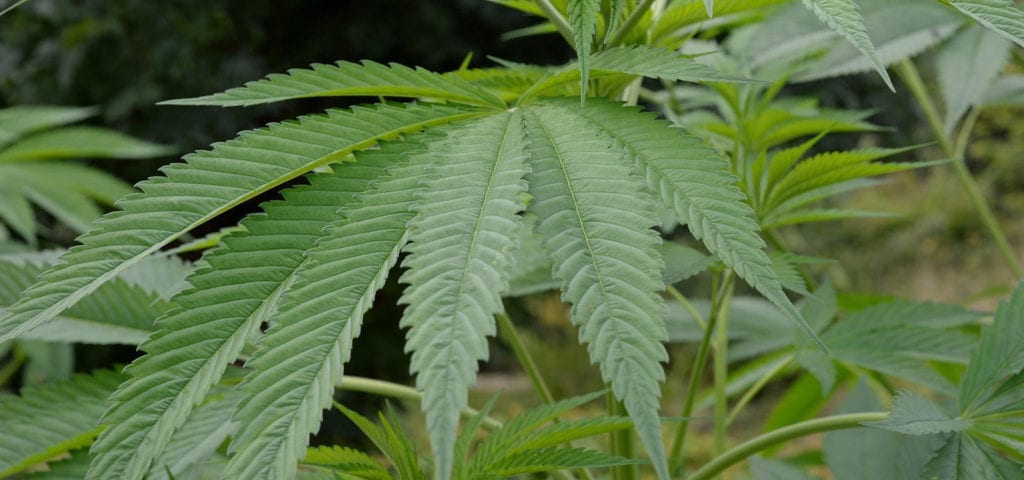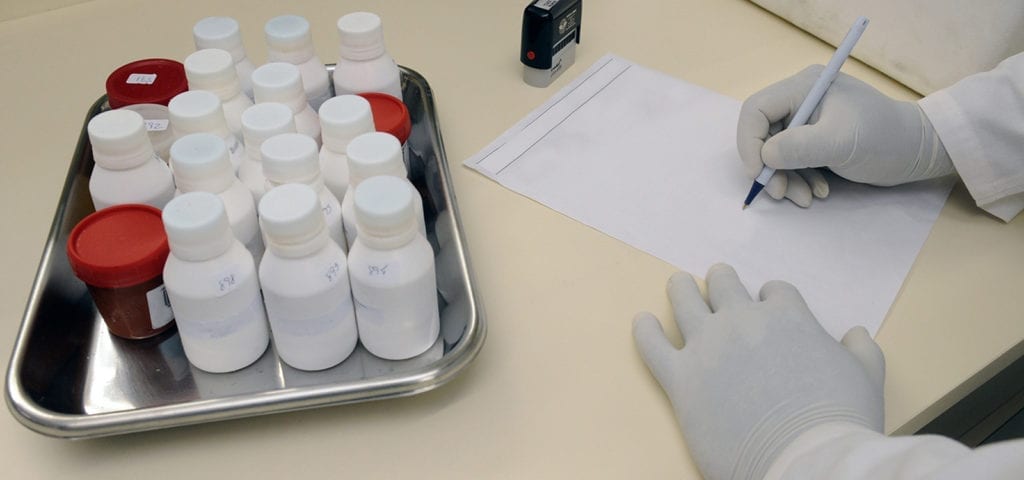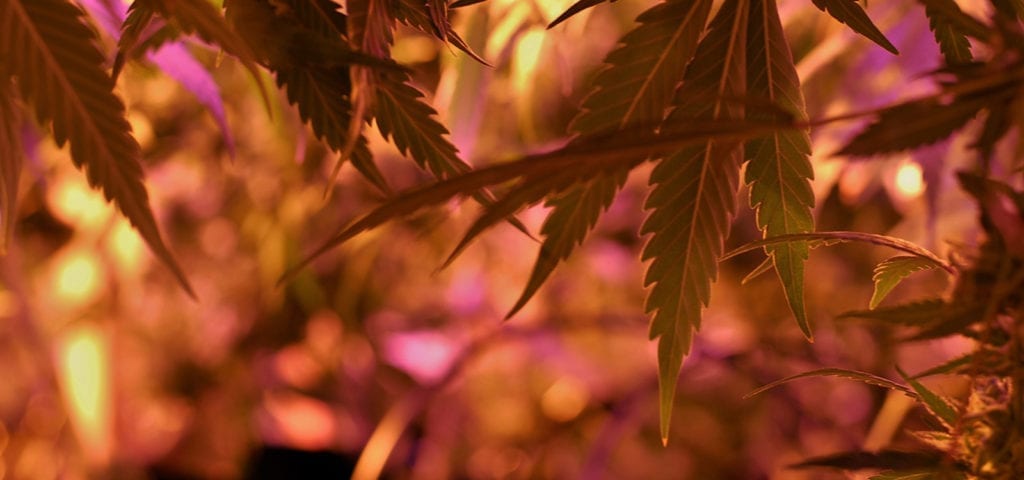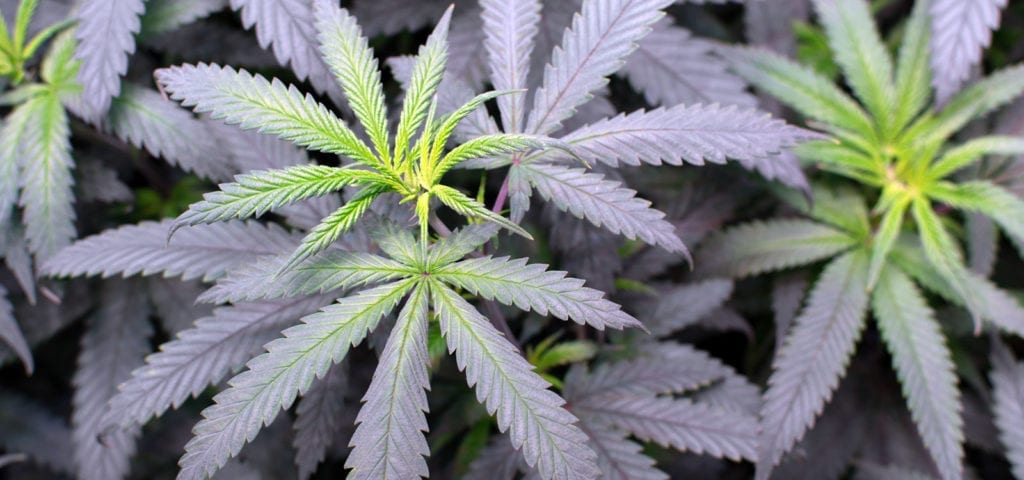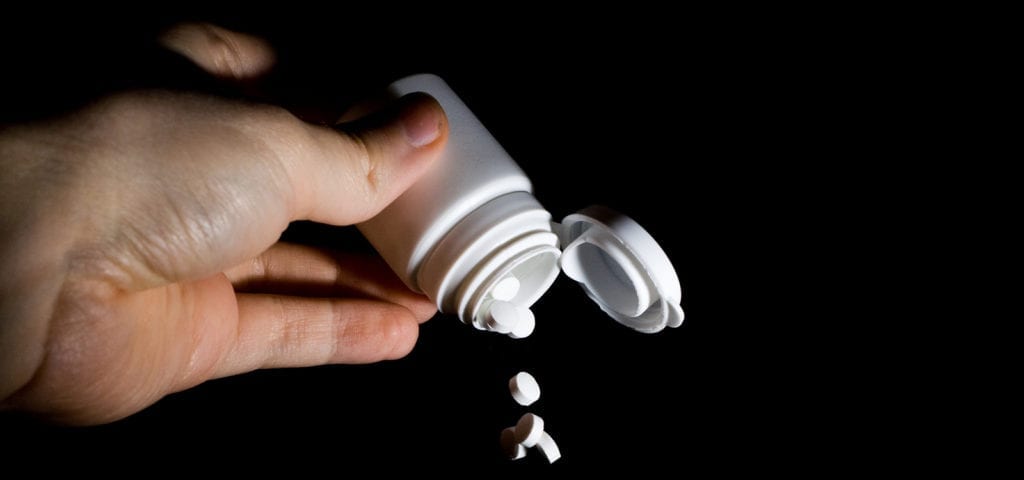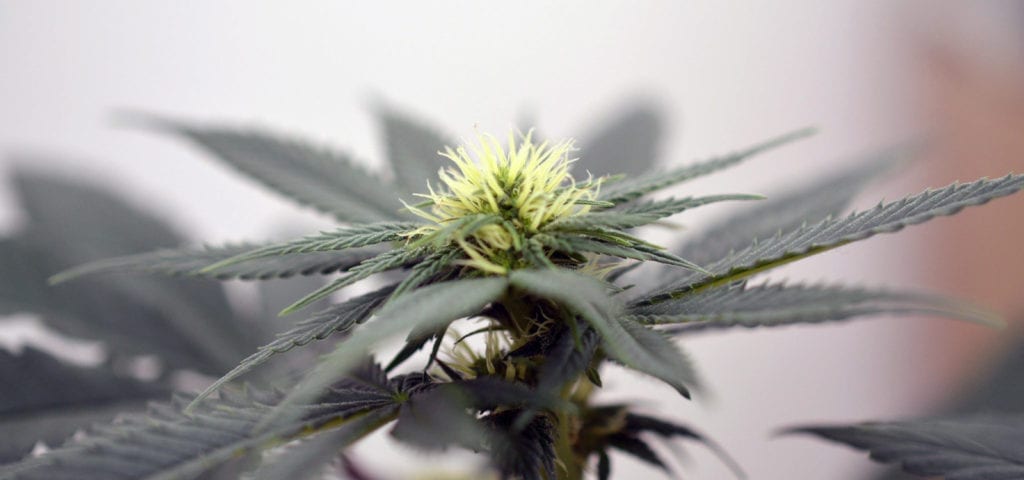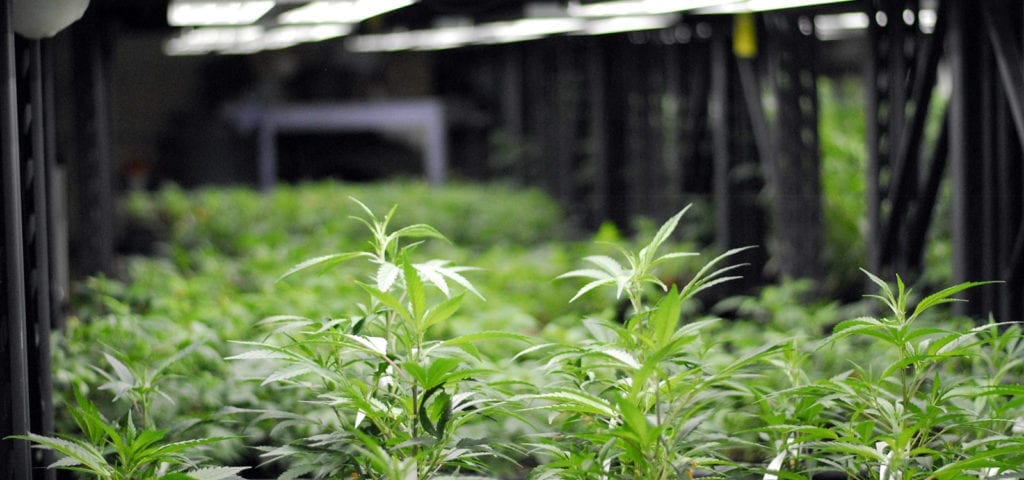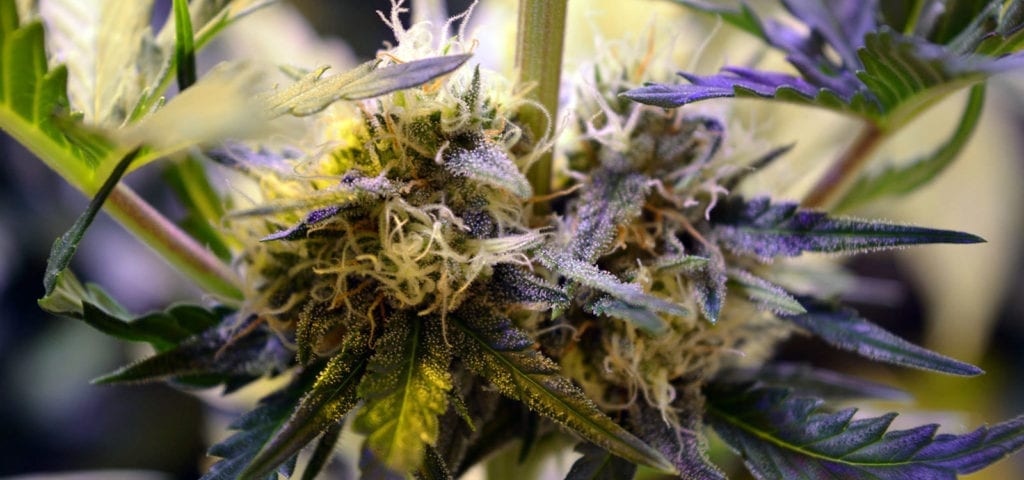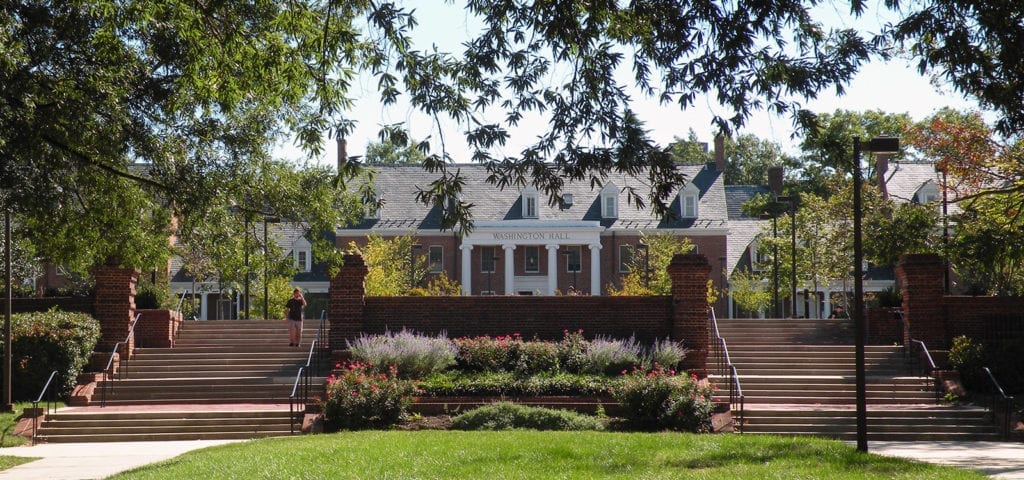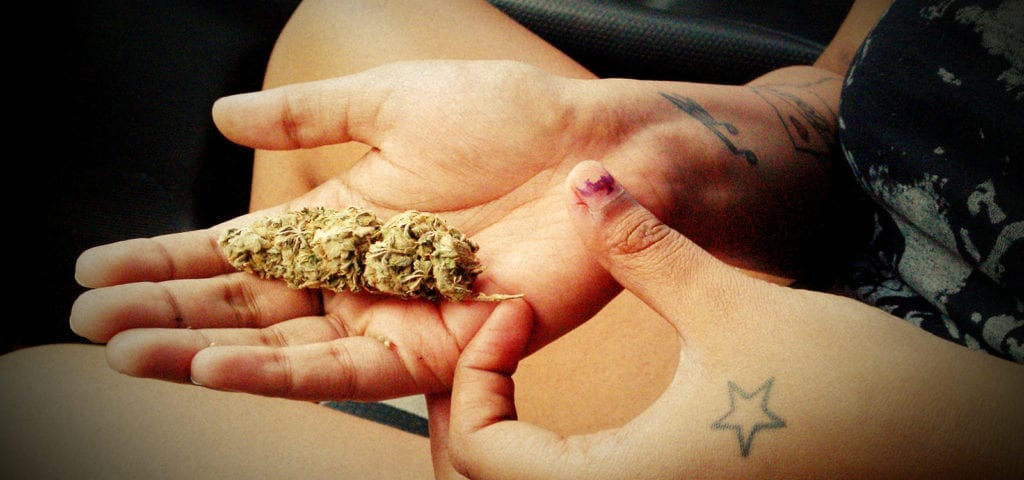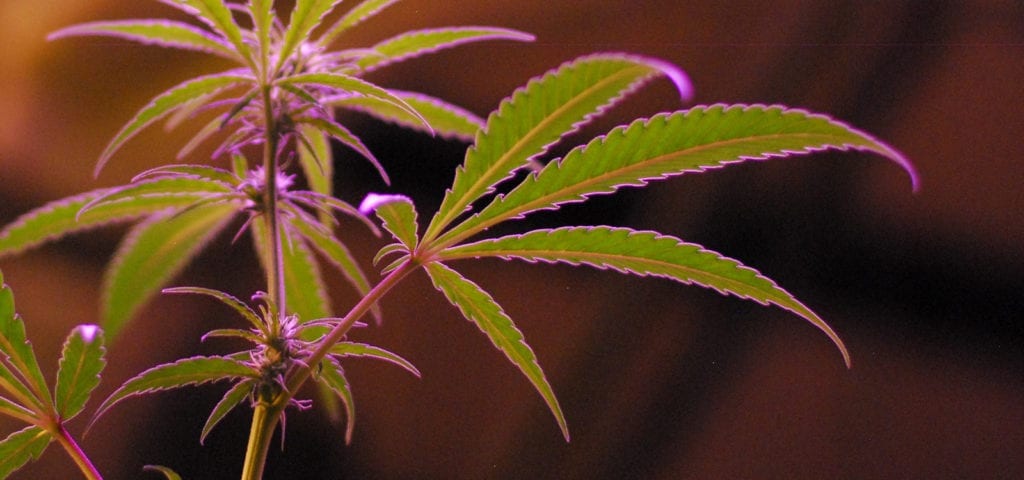As state cannabis regulations come online, entrepreneurs seeking longevity in this industry need to make absolutely sure they strategize their business accordingly. Particularly in the state of Michigan, where — after years of an unregulated, caregiver/patient-based marketplace — commercial regulations finally came online last December, medical cannabis business owners are facing new requirements on their path towards a state-issued license.
One such requirement facing Michigan’s cannabis companies is a financial review process which, according to CPA Kareyna Miller, could easily evolve into a financial audit requirement — so last December, Miller founded LC Solutions Michigan PLLC to help cannabis entrepreneurs down the path towards licensing and success.

LC Solutions Michigan is the state’s first patient- and woman-owned, cannabis-focused accounting firm.
“Once clients start talking to me, they understand my background and they understand that I have been a part of this on a personal end,” said Miller, who first joined Michigan’s industry as a medical cannabis patient in 2011.
LC Solutions Michigan offers an extensive and diverse set of financial services — these include corporate bookkeeping, the setting up and management of new accounting systems, cloud record management, employee payroll, tax filings, and more. LC Solutions also offers consulting services that help cannabis entrepreneurs establish a strong financial foothold for their company, including costs accounting, start-up business planning, and preparation for state-issued audits and financial reviews.
“I understand cannabis, I’ve seen and been a part of patient grows. It’s a very unique industry and a unique set of people who are a part of it, and I’m not just somebody in a suit trying to get into this industry,” Miller said. “I’m very proactive, and I want to make this an accepted and legitimate industry here in Michigan.”
Miller founded LC Solutions Michigan to help cannabis entrepreneurs succeed — but it wasn’t her earliest effort to help members of the cannabis community. During Michigan’s initial years as a purely patient/caregiver-based marketplace, Miller also published a series of tutorials and articles under the platform LCS Accounting Online, where she offers tips, advice, and tutorials to help caregivers satisfy their own accounting needs.
And, while Miller is happy to help medical cannabis caregivers stay afloat in this emerging industry, the driving force behind these guides are the patients who rely on those caregivers and their ability to provide trusted, safe medicine. “Protecting patients and making sure they have what they need — that is the most important thing,” she said.
To learn more about how LC Solutions Michigan can help with your financial accounting needs, visit the company website at LCSolutionsMichigan.com or inquire via email at info@lcsolutionsmichigan.com.
